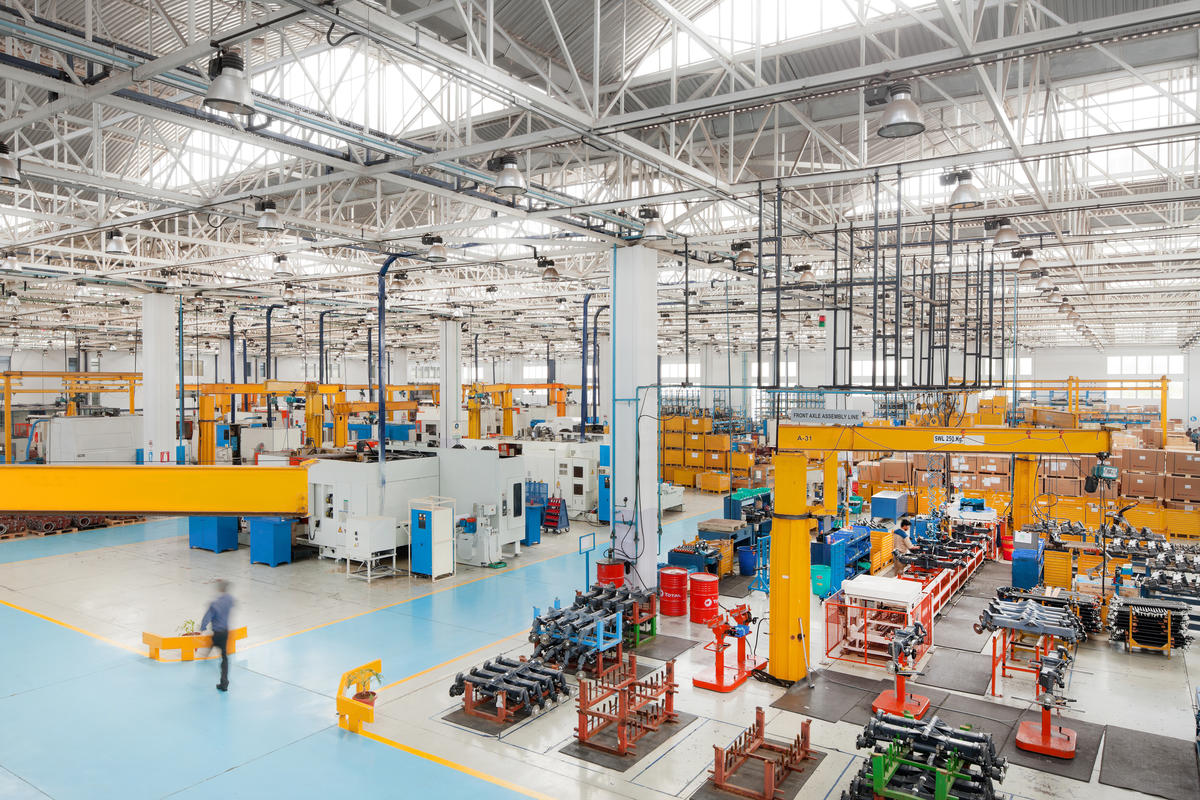Enrico Carraro on Carraro India’s successful local strategy
By Federico Piazza
Local managers and research, this is how Carraro put down roots in India. Carraro’s President, Enrico Carraro, explains the evolution of the Italian group in India: “I applaud complete self-sufficiency”.
“I applaud the complete managerial self-sufficiency of the Carraro Group company in India, operating with 100% local executives. Carraro India in particular showed excellent capacity for management autonomy during the Covid crisis that struck the country.” These are Enrico Carraro’s comments on the 2020 results and the 2021 performance in Asia, an area crucial to the Group’s strategy.
For the Group, India is the second destination market (14.8% share) after Italy (18.6%), and the 2020 aggregate turnover of Carraro India, which also serves other markets, amounted to 111 million euros (on a consolidated 478 million). While Carraro China achieved aggregate turnover of 47 million euros, with the Chinese domestic market representing 5.3% of total world sales.
President Carraro, you know India well. Can you give us a brief history of your presence there?
We have been in India since 1997, when we were among the first international companies to start operations in the country with a majority share in a joint venture with a local company. The agreement with Escorts, one of India’s largest industrial groups, led to the creation of the Ranjangaon (Pune) plant that began producing axles and transmissions in 1999.
In 2005, we inaugurated a second unit in the area for gears and components. We’ve owned 100% of Carraro India since 2006, and we developed an R&D facility, Carraro Technologies India, and a new production line for advanced transmissions for agricultural tractors of up to 120hp.
We serve the country’s large machine manufacturers, for agricultural equipment, earthmovers, and construction, and also other markets. Our customers in India include Western and Indian groups such as CNH, Caterpillar, John Deere, Mahindra & Mahindra, Escorts, etc.
How did you experience the Covid crisis in India?
On a human level, it took quite a toll, also because India doesn’t have a healthcare service capable of providing quality care for every patient. And economically, for the inevitable business stoppages and slowdowns. But in July 2021, thanks to our Indian management team, we transformed the Pune headquarters into an authorized company vaccination center and within a week all the employees of Carraro India, more than 1500, were vaccinated free of charge. We really need to thank the whole management team; they were able to deal with a very difficult crisis effectively and independently. If such a situation had happened a few years ago, when the management of the Indian company depended much more on the Italian team at Campodarsego, it would have been more difficult.
How is the recovery going in India?
The Covid curve is on the downturn so the tension is going down as well. The prospects are good both for construction, given the continuous growth of urbanization, and for agriculture where the mechanization process is moving forward and structured companies that are making certain kinds of technological investments are increasing. The tractor market has recovered well since the end of 2020, in particular the popularity of 4‑wheel drive vehicles — a market in which we are the world leader — is growing. The construction sector has suffered more from the effects of the second pandemic wave, but the important investments envisaged in the country’s major infrastructure works should increase demand in the coming months.
Is industrial India on the move?
The recent industrialization process has certainly made significant steps in many sectors, also thanks to the country’s strong foundation in engineering, with universities and research centers. In India we have a very good base of local suppliers, starting with foundries, and we are helping the supply chain grow. After all, in our international strategy, we’ve never gone looking for cheap labor and we’ve always followed a strategy of local manufacturing for local customers, following our customers to different areas of the world and developing products that are suitable for various markets locally.
Extract from the full interview originally published in Italian on Nord Est Economia
